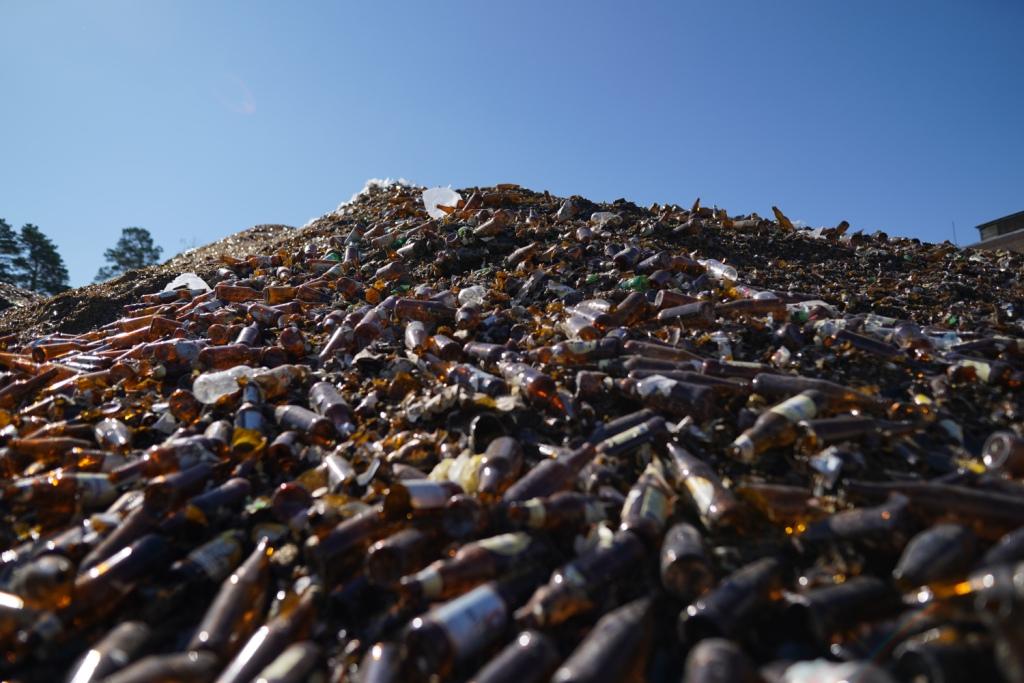Господдержка предприятий-производителей строительных материалов

Dear colleagues, we are publishing news about the member of the Association "StekloSouz" of Russia, OOO "Sibirskoye Steklo" (Sibsteklo):
OOO "Sibirskoye Steklo" (Sibsteklo, one of the leading manufacturers of glass containers in Russia and the largest recycler of glass waste in the Siberian and Far Eastern Federal Districts, an asset of RATM Holding) accepted the first batch of cullet from Vladivostok - 150 tons.

It is technologically more difficult to produce glass containers without glass waste. In addition, one ton of cullet replaces 1.2 tons of minerals, thereby slowing down the rate of depletion of mineral reserves. The melting point of glass that has served its life is lower than a mixture of sand, soda and dolomite: every 10% of recycled materials allows to reduce energy consumption by 3%, as a result, the industrial burden on the environment. The service life of glass furnaces is extended from 7-10 to 12-15 years.
As a reminder, waste glass is collected on behalf of the enterprise by Chistaya Strana LLC (formerly Glass Recycling, an asset of RATM Holding). Today, secondary raw materials are brought to Sibsteklo from the regions of Central Russia and Siberia, from the Far East - from the Amur Region and Khabarovsk Krai.
According to the director of Chistaya Strana Alexander Martynov, at the initial stage, from 170 to 320 tons of waste glass (three to five rail cars) per month will be delivered from Primorye to the glass plant in Novosibirsk. In the future, this volume will increase to 500 tons per month.
Currently, the share of waste glass in the components for the production of brown bottles, which accounts for about half of the output structure, reaches 55-60%, by the end of 2024, this figure is planned to increase to 80%.
– In order for the use of broken glass to increase the efficiency of the economic activity of glass packaging manufacturers, the cost of secondary resources should be lower than that of primary resources, thereby ensuring the profitability of finished products, – comments Anton Mor, CEO of Sibsteklo. – The waste management chain, even stretching for thousands of kilometers, will close faster and become stronger if it starts generating income in the interests of all its participants. Most of them count on state support, for example, in terms of subsidizing the transportation of MSW from remote regions of the Russian Federation to the disposal site, which also helps achieve a balance between environmental and economic components.